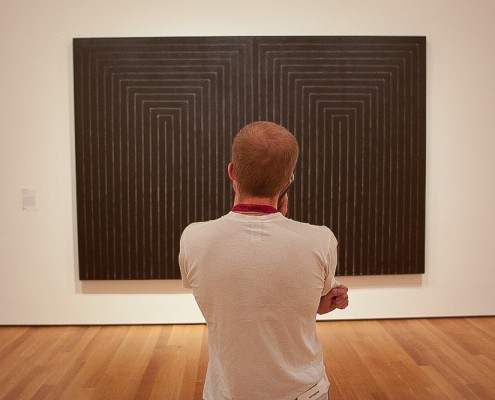Why do Chapter 13 bankruptcies fail?
 A successful Chapter 13 bankruptcy concludes with the completion of the payments and the discharge of the debts. Less than half of Chapter 13’s end this way. Why?
A successful Chapter 13 bankruptcy concludes with the completion of the payments and the discharge of the debts. Less than half of Chapter 13’s end this way. Why?
The most common reason for failure is that the debtor falls behind on his or her payments to the trustee. As a rule of thumb, after there have been three missed payments the Chapter 13 trustee will set a hearing date on a Motion to Dismiss for non-payment.
The best insurance against missing payments is having them made automatically. Your attorney can set up a wage order for you. With a wage order your payments are taken out of your paychecks. If you get paid bi-monthly, half will be taken out of each check. A newer option is to have the funds deducted from your bank account, then verified by a company who charges a small fee to send the payments to the trustee.
Having a Motion to Dismiss filed against you isin’t the end of the world. You will still have a chance to catch up by the hearing date. Or, if you can only partially pay up your attorney may be able to ask for a continuance. Sometimes debtors, for sickness or other reasons, fall so far behind on their payments that their best option is to let the bankruptcy be dismissed and have their attorney re-file another Chapter 13.
Another reason for cases to fail concerns outside payments. Outside payments are made directly to a secured creditor, like on a house or a car. They are for installments that mature after the date of the filing of the bankruptcy. If you fail to make these installments, even just one month, the creditor on your house or car may set a hearing date on a Motion for Relief of Stay. If you can’t catch up by the hearing date, again your attorney may be able to work something out.
The moral of this is that if you can see that your bankruptcy is running into trouble call your attorney right away, in advance, before a Motion is filed against you.

